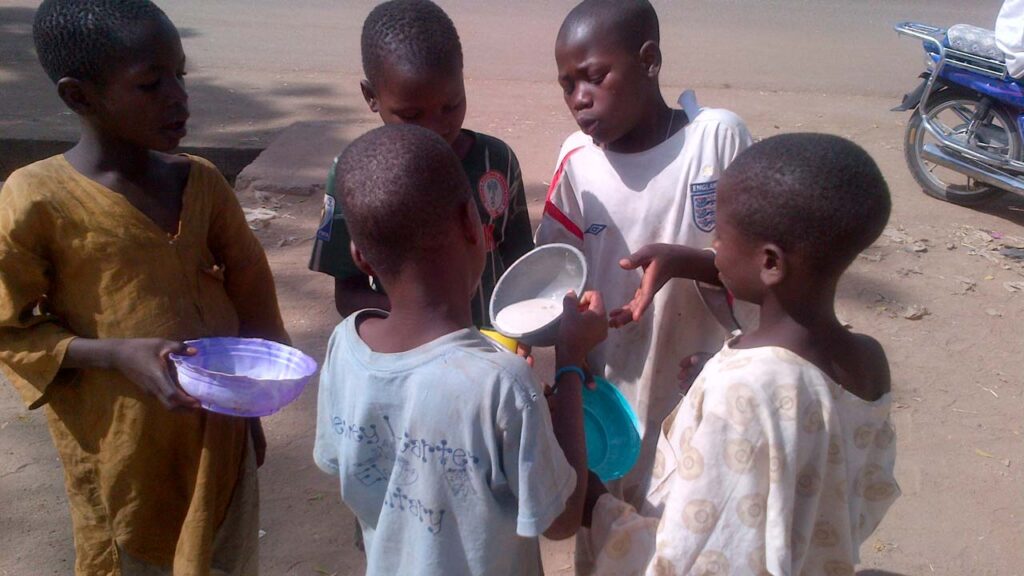
• Justice commissioners chart path to end scourge
Yobe State Attorney General and Commissioner for Justice, Saleh Samaja, has said human traffickers are taking advantage of the Almajiri system and the insurgency in the North East to traffic children across the region’s porous borders, He stated this at a gathering of Commissioners for Justice and other stakeholders in the ongoing 26th National Stakeholders’ Consultation Forum on Human Trafficking in Nigeria.
The two-day event was organised by National Agency for the Prohibition of Trafficking in Persons (NAPTIP), in partnership with the governments of The Netherlands and Switzerland, yesterday, in Abuja.
He said: “Yobe happens to be one of the vulnerable states and we have a lot of challenges because of this our Almajiri system, which is seriously being abused and exploited by traffickers and a lot of unwholesome incidents as far as the welfare and protection of victims is concerned.
“They exploit them for domestic servitude; that is most unfortunate because that is not the purpose the Almajiri system is set up, but for religious education. We are being reached by insurgency and this creates another challenge too.”
Samaja pointed out that Yobe shares borders with other countries such as Niger Republic; hence, has become a transit state for traffickers taking advantage of the porous borders for Trafficking in Persons (TIP) and children, especially those under the Almajiri system.
According to him, the state trafficking task force is working to build awareness and partnership with stakeholders, including parents. He stated: “About four of our local councils, namely, Machina, Geidam, Yusufari and Yunusari, are bordering the Niger Republic and that makes Yobe one of the vulnerable states.
“There is a high tendency of trafficking people from Nigeria to Niger and even to some North African and Middle East countries. Yobe is used by traffickers as a launching pad for even trafficking people to Europe through Niger, the Libyan border, Morocco and eventually to Europe.”
His comments came just a day after the Attorney General and Minister of Justice, Lateef Fagbemi (SAN), observed that Nigeria’s porous borders, lack of education and poverty remained key drivers of TIP in Nigeria.
Edo State Commissioner for Justice, Oluwale Osaze, said “empirical data revealed challenges, while cases of TIP have reduced drastically, but so much more can be done and that is why we are still addressing some of the roots.”
According to him, the number of returnees has reduced considerably because the number of people going out has considerably reduced. Now traffickers are evolving new ways of luring potential victims.
Speaking on the importance of public enlightenment on the dangers of TIP, Nasarawa Commissioner for Justice, Labarin Shuaibu, described TIP as a growing challenge in the state, but that the state NAPTIP Task Force was investing in public awareness.












